
VirtualXP Free lets you convert your old Windows XP PC into a virtual machine
Farstone Technology has released VirtualXP Free 1.0, a free-for-personal-use tool that simplifies the task of converting a Windows XP or Windows Server 2003 physical PC into a virtual machine.
The idea is that users hesitating about switching to a newer version of Windows can take their old system with them, ensuring all data, settings and programs continue to work going forward.

Windows 8.x gains usage share at the expense of Windows XP
New data which was just posted by web analytics company NetMarketShare shows us that, in August, Windows 8.x managed to gain precious usage share in the desktop operating system market. This happened mainly at the expense of the 13 year-old Windows XP, which is seeing its usage share slowly decrease as new devices, toting newer OSs, are brought into the fold.
The good news, however, comes from the rise in usage share of Windows 8.1, which is now at 7.09 percent, up from the 6.56 percent from July. Windows 8 also grew, to 6.28 percent from 5.92 percent, but this is of a lesser importance, as its successor's fate is far more important. Meanwhile, Windows XP decreased to 23.89 percent from 24.82 percent. Still, it is obvious that the oldest of the three still has a terribly long way to go before it reaches similar usage share levels (we're looking at a couple of years, at least) as Windows 8.1 touts now.

XP is still used in 53 percent of businesses
It's around three months since Microsoft pulled the plug on support for XP, yet according to a survey carried out by Adaptiva at May's TechEd North America, 53 percent of respondents are still running the old OS in their organizations.
Just under half (43 percent) of respondents to the survey represent companies with more than 10,000 nodes (desktops, laptops and servers), including 13 percent with more than 100,000 so there are potentially a lot of business XP systems still out there.

Microsoft anti-malware support for Windows XP is counting down...
Microsoft stopped supporting Windows XP on April 8, which means the aging operating system no longer receives security updates and non-security hotfixes, potentially putting die-hard users at serious risk.
Although XP is no longer eligible to receive security updates, Microsoft is, however, still providing users with updates to its anti-malware signatures and engine, and will continue to do so until July 14, 2015.

SoftWatch helps enterprises evaluate and implement XP alternatives
When Microsoft discontinued support for XP it left a large number of businesses, around 25 percent, needing to make a transformation of their IT environment.
As well as switching to a new desktop OS many are also moving applications to the cloud, changing hardware and introducing BYOD. In order to help IT decision makers with these choices, Israel-based software analytics specialist SoftWatch has introduced a new SaaS product.

Windows 8.x goes into reverse gear -- loses market share as both Windows 7 and XP show growth
I’ll be honest, although Windows 8.x losing market share is a shocking state of affairs -- and a new low for an operating system which has struggled since launch -- it’s something that’s been coming for a while. Windows 8 has been dropping share since Windows 8.1 arrived, and Windows 8.1 has been growing at such a glacial pace it was only a matter of time before the losses outweighed the gains, and that’s exactly what happened in June according to NetMarketShare.
In a month where Windows 7 and Windows XP -- the OS that refuses to die -- both gained market share, "new Windows" shifted into reverse gear and began shedding users.
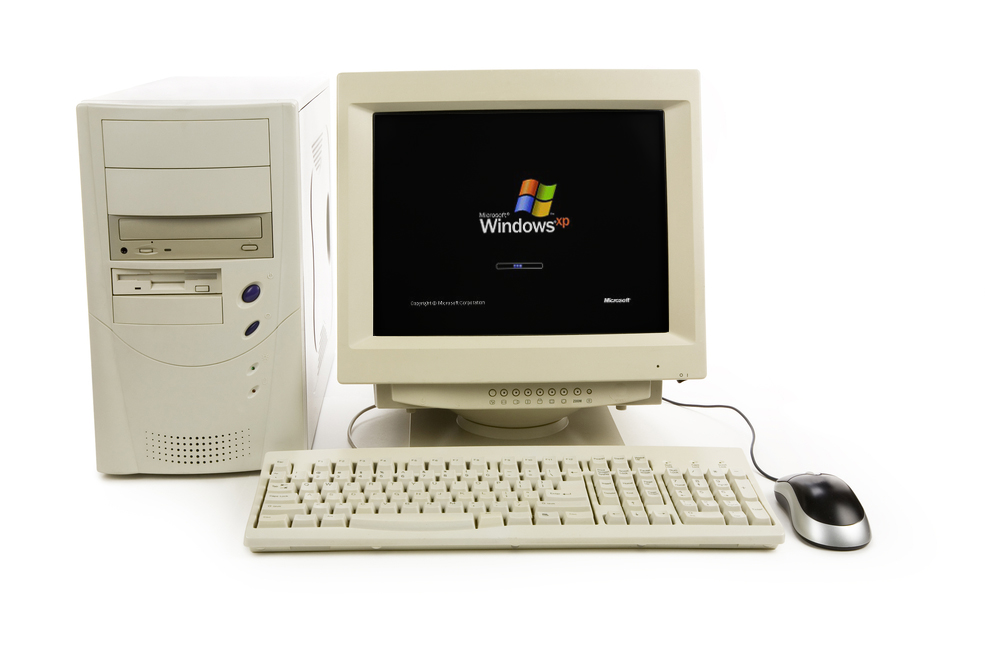
One in five businesses are still using Windows XP despite the risks
Microsoft ended support for XP two months ago, yet consumers are still proving resistant to change, and many businesses are similarly reluctant to upgrade to a newer version of Windows.
According to security firm Bitdefender, which conducted a three-month global study into the operating system use of small and medium businesses, nearly 19 percent of firms, or almost one in five, are sticking with the aging XP despite security concerns.

XP users feel no great rush to upgrade
If Microsoft expected XP users to desert the aging OS once support officially came to an end, the tech giant will no doubt have been sorely disappointed. Although XP’s market share has fallen in the two months since it reached end of life, the 13 year old operating system remains hugely popular.
According to Net Applications, from March to May, XP lost just 2.42 percent market share, and is still to be found on over a quarter of all Windows systems. Windows 7 gained 1.29 percent in the same time period, to break the 50 percent barrier, and Windows 8.x increased its share by 1.34 percent for a not so grand total of 12.64 percent. Statista has put together a little graph showing how little end of support has changed XP’s popularity.
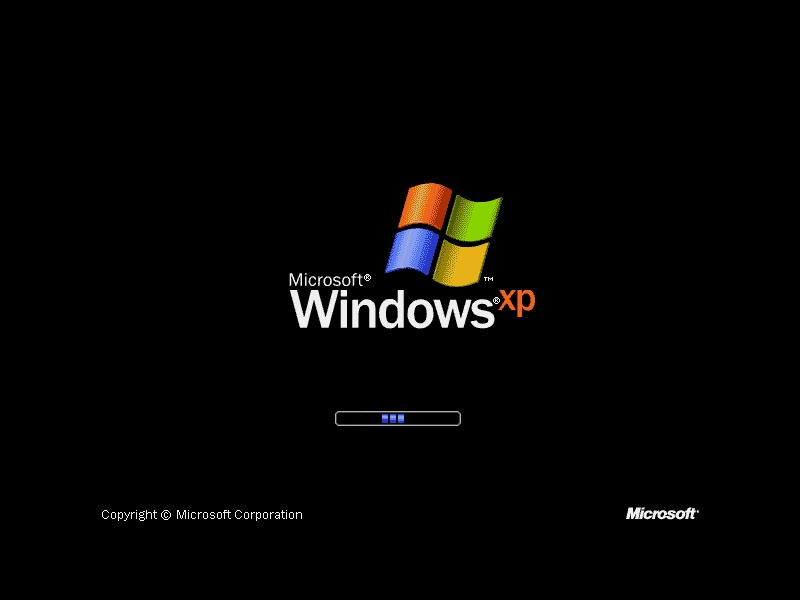
Microsoft warns against XP update hack -- suggests users 'upgrade to Windows 8.1' instead
The hack I wrote about yesterday, that allows XP users to continue to receive security updates via the still-supported Windows Embedded POSReady 2009, was never going to get Microsoft’s blessing. Obviously it is a slightly unusual and risky way of cheating the system, even though it works.
ZDNet picked up on the story and asked Microsoft for a comment, and as you’d expect, the devices and services giant was happy to take the opportunity to suggest XP users just move on.
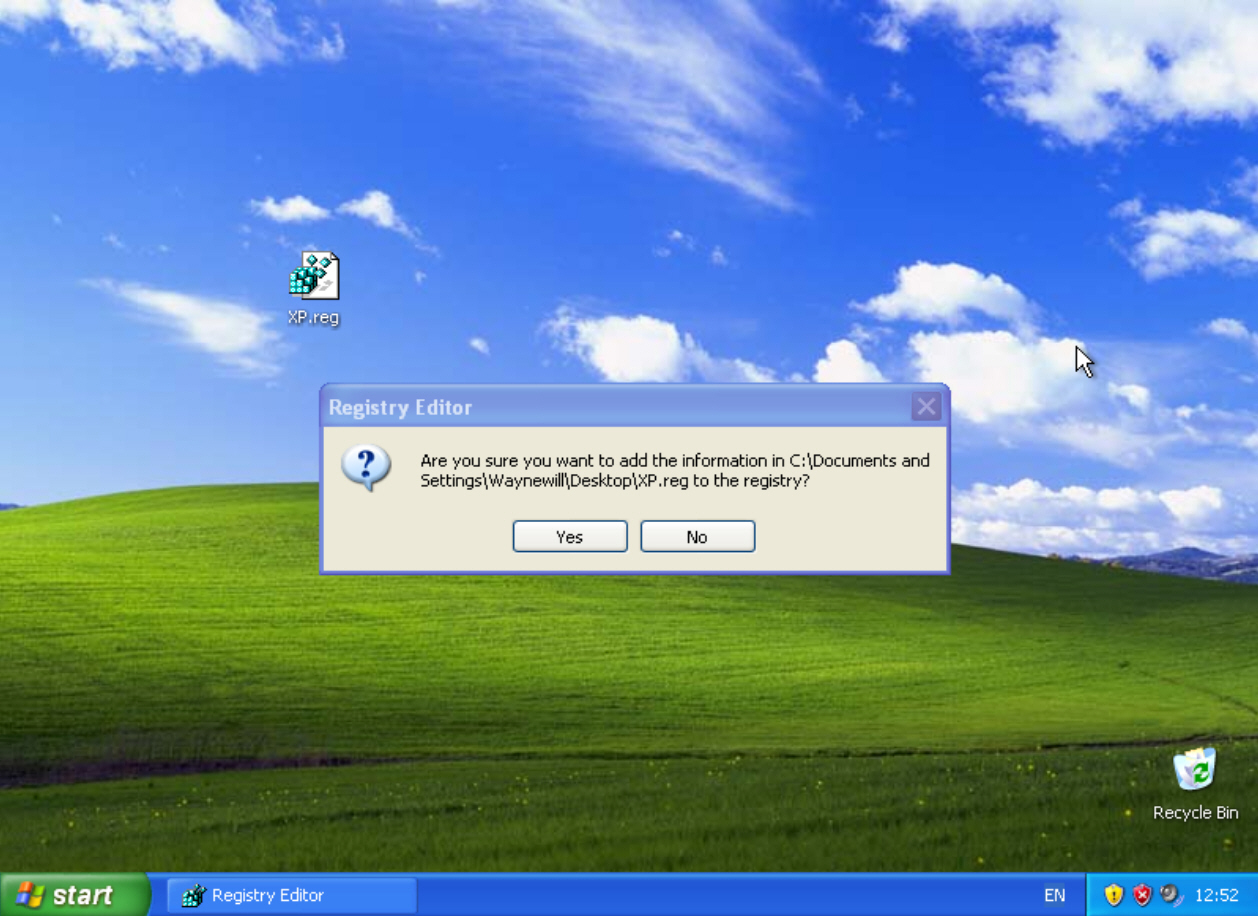
How to continue getting free security updates for Windows XP -- until 2019
Microsoft has stopped providing XP users with security updates, forcing them to either upgrade to another, newer operating system, or gamble with their safety. While the latest usage figures show that a large portion of users are moving away from XP, there’s still a sizable number of users who aren’t -- or can’t.
If you’re an XP user, or know some XP users, there’s a trick which makes it possible to receive security updates for the aging OS for another five years -- right up until April 2019.
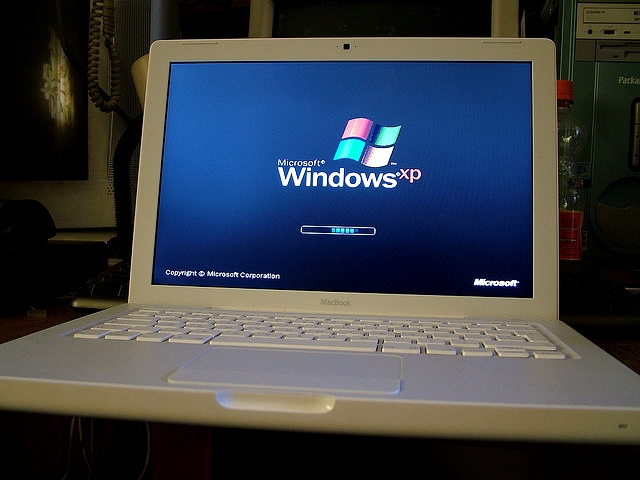
Moving on from Windows XP using Zero-Touch Migration [Q&A]
Windows XP support officially ended on last month, yet it is estimated around 30 percent of businesses are still yet to migrate to a new operating system.
Sumir Karayi, CEO of IT efficiency company 1E, explains why 'Zero-Touch Migration' offers the best approach for those businesses that need a rapid route to moving away from Windows XP to minimize the impact on security, desktop performance and the user experience.

China bans Windows 8 from government PCs with twisted logic, and embraces Linux
Microsoft may have been granted permission to launch its Xbox One console in China in September, but a decision by the Chinese government could impact severely on sales of Windows 8. China's official state news agency, Xinhua reports that the latest version of Microsoft's operating system will be banned from governmental computers, although there are to be no restrictions placed on home computers. The reason for the ban on Windows 8? Well it's not quite clear, but it's put down to something to do with energy-saving -- although this seems unlikely.
The website of China's Central Government Procurement Center posted an 'Important Notice' entitled, catchily, "Agreement to supply information about the class of energy-saving products complement the mandatory tender notice". A list of criteria then follows including, at number 5 "all computer products are not allowed to install Windows 8 operating system". This is slightly at odds with the news agency's suggestion -- the official news agency, remember -- that Windows 8 is being banned from new government PCs in "a move to ensure computer security after the shutdown of Windows XP".
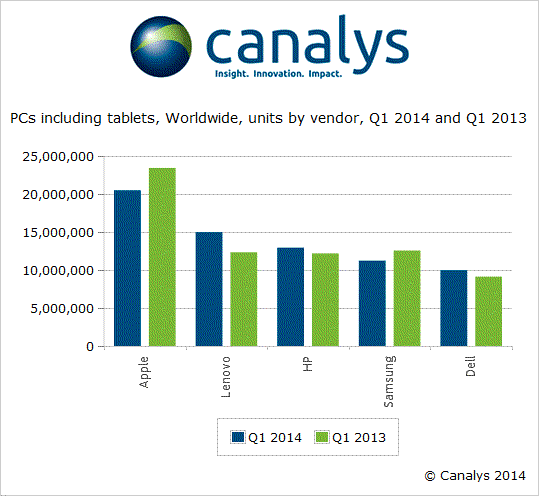
Windows XP end-of-life boosts PC shipments
PC shipments have been boosted by the demise of Windows XP with shipments up by five percent compared to the previous year.
Figures from Canalys showed that 123.7 million PCs were shipped worldwide in Q1 2014 and Lenovo was one of the biggest beneficiaries of this growth as its PC shipments totaled 15 million and increased its market share from 10 percent to 12 percent.

Windows XP use declines steadily but security concerns mount
It's now a month since support for Windows XP came to an end, and we've already had our first exciting little post-XP incident. When a security flaw was discovered in Internet Explorer, an out-of-band patch was released for XP users despite Microsoft's previous claims that no more such updates would be issued. A month on seems like a good time to assess the lay of the land for the operating system, and that's precisely what security firm Secunia has done.
Looking at the install base for Windows XP, Secunia found that there has been an extremely steady decline in usage from the beginning of the year. According to Secunia's numbers, XP could be found on 22 percent of US PCs between January and December of 2013, but this dropped to 18 percent in the period January to February this year. It is possible that this marked drop could be attributed to people finally coming to terms with the idea that XP was no longer being supported and deciding to move on. But things start to slide further as we move into April.

Windows 7 shows higher infection rates than XP in last quarter of 2013
The latest Security Intelligence Report from Microsoft reveals that malware infection rates soared in the final quarter of last year thanks mainly to three threats.
Infection rates measured in computers cleaned per thousand (CCM -- yes M, it uses the Latin for thousand) rose from 5.6 in Q3 to 17.8 in Q4 of last year on the back of the Win32/Senfit click fraud bot, along with two new distribution methods. Win32/Rotbrow, a program claiming to protect from browser add-ons, and Win32/Brantall which acts as an installer for legitimate applications but also bundles less welcome things.
